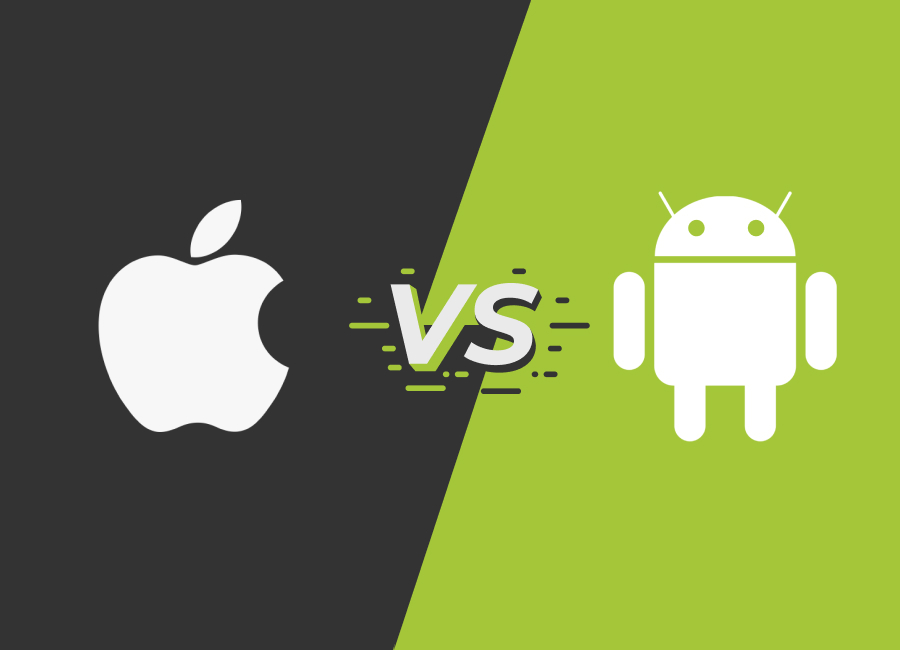Android vs. iOS: Decoding the Eternal Debate

The debate between Android and iOS has been ongoing for years, with ardent supporters on both sides. Each operating system offers unique features and benefits, making it difficult to definitively declare one as superior to the other. In this article, we will explore the key factors that differentiate Android and iOS, allowing you to make an informed decision based on your preferences and needs.
Customization and Flexibility
Android, known for its open-source nature, offers a high level of customization and flexibility. Users can personalize their devices with custom launchers, widgets, and a wide range of apps from various sources. In contrast, iOS provides a more controlled environment, with limited customization options. While iOS users enjoy a consistent and streamlined experience across devices, Android users have the freedom to tailor their devices to their liking, making it the preferred choice for tech-savvy individuals seeking customization options.
App Ecosystem and Quality
Apple’s App Store is renowned for its strict app review process, resulting in a curated collection of high-quality applications. iOS users generally benefit from a more polished and consistent app experience. Android’s Google Play Store, on the other hand, offers a vast selection of apps, including many free options. However, due to its more relaxed app submission guidelines, there is a greater possibility of encountering low-quality or potentially harmful apps. Both ecosystems have their advantages, with iOS focusing on quality control and Android offering a wider range of choices.
Device Selection and Pricing
Android has a significant edge when it comes to device selection, offering a wide array of smartphones and tablets from various manufacturers. This diversity allows users to choose a device that suits their preferences and budget. In contrast, Apple’s iOS is exclusively available on iPhones, iPads, and iPods, limiting options. However, Apple devices are known for their premium build quality and integration with other Apple products. While Android devices cater to different price ranges, including more affordable options, iOS devices tend to be pricier but offer a seamless ecosystem and long-term software support.
Security and Privacy
iOS is often praised for its robust security and privacy features. Apple’s strict control over its hardware and software ecosystem helps in mitigating security risks. The App Store’s thorough vetting process also minimizes the likelihood of malware-infected apps. On the other hand, Android’s open nature makes it more susceptible to malware and security threats. However, Google has made significant strides in recent years to enhance Android’s security through features like Google Play Protect and regular security updates. Ultimately, iOS may be a better choice for those who prioritize stringent security measures, while Android offers more flexibility with appropriate precautions.
Conclusion
Choosing between Android and iOS ultimately boils down to personal preference and individual requirements. Android excels in customization, device selection, and affordability, making it a popular choice among tech enthusiasts. On the other hand, iOS offers a seamless ecosystem, enhanced security, and a curated app experience, appealing to users seeking a polished and user-friendly environment. Consider your priorities in terms of customization, app quality, device selection, pricing, and security when making your decision. Remember that both Android and iOS have their merits, so choose the one that aligns with your needs and enhances your overall digital experience.
